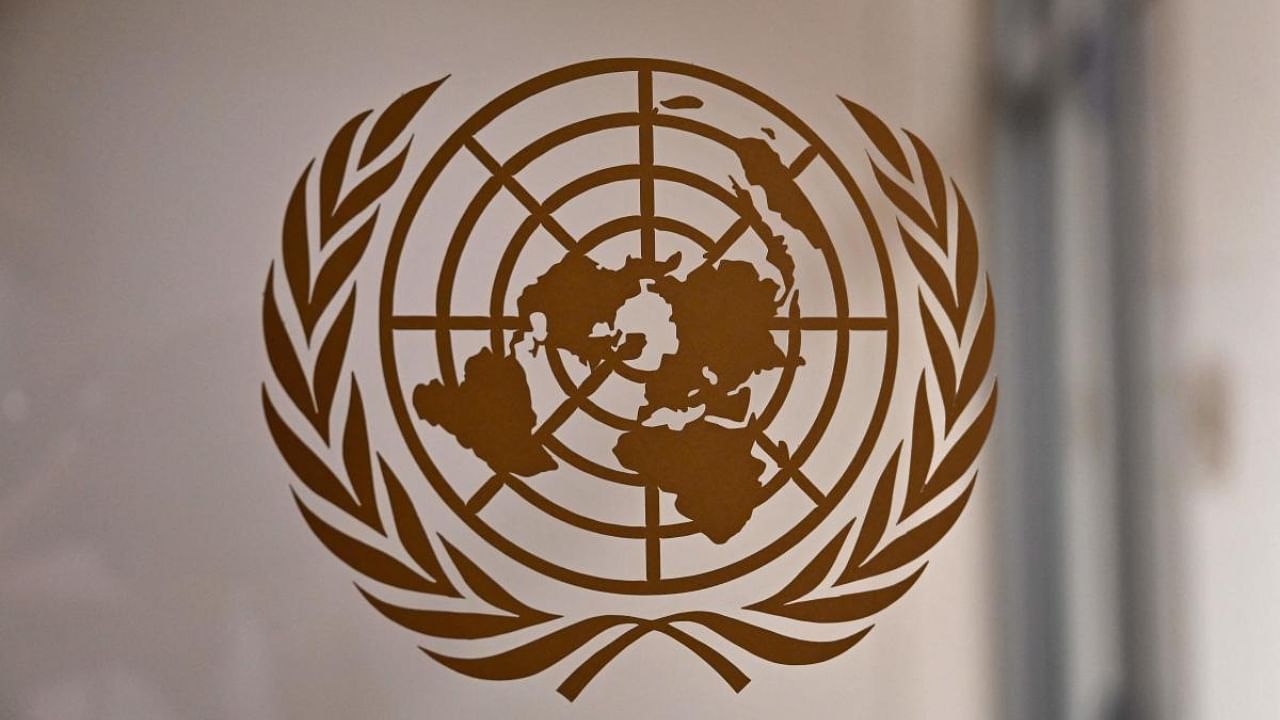
At the 41st session of the United Nations Human Rights Council’s ongoing Universal Periodic Review (UPR), India for the first time received a recommendation to control and criminalise female genital mutilation (FGM). United Nations member state Costa Rica urged India to legally adopt the World Health Organisation’s (WHO) definition of FGM.
Costa Rica’s recommendation came up on November 10; the UPR sessions are being held from November 7 to 18. During this term, 14 Member States are undergoing a review of their human rights records. Solicitor General Tushar Mehta is representing India’s view at the forum. Over 25 member states present at the session recommended that India should do more to protect women, girls, and children from all forms of violence, including gender-based violence and harmful practices.
The WHO defines FGM as “all procedures involving partial or total removal of the external female genitalia or other injuries to the female genital organs for non-medical reasons.” The UN’s Sustainable Development Goals, to which India is a signatory, calls for an end to FGM by 2030.
“Costa Rica thanks India for presenting its national report. We have the following recommendations – one, adopt a legal definition from the WHO on female genital mutilation, criminalise its and implement a international plan to eradicate it. Establish 18 as the minimum age for marriage throughout the country, and bring a plan for eradications of all forms of discrimination against Dalits and promote their integration in the private and public labour market,” the the diplomatic mission of Costa Rica said at the Review.
The UN describes the UPR as “a periodic review of the human rights records” of all its 193 Member States. “It provides an opportunity for all States to declare what actions they have taken to improve the human rights situations in their countries and to overcome challenges to the enjoyment of human rights. The UPR also includes a sharing of best human rights practices around the globe.”
FGM in widely prevalent among the Dawoodi, Alvi and Suleimani Bohra Muslim as well as some sections of the Sunni Muslim communities and is known as khatna or khafz. There is no governmental data on the prevalence of FGM, and India does not ban it either. An independent study ‘The Clitoral Hood a Contested Site’, released in 2018, largely included participants from the Bohra community found that 75% of all participants of the study were subjected to FGM.
Masooma Ranalvi, a survivour of the practice and founder of the WeSpeakOut, an NGO wroking to eradicate FGM, said that they were party of the UPR’s pre-session consultations, where they appraised Member States about the prevalence of FGM. While this the first time that Indian has received a recommendation on FGM, in previous UPR cycles, India has made recommendations to countries like Guinea, Mali and Gambia.
In 2020, it recommended Guinea to “[c]ontinue its efforts to eliminate harmful practices such as forced marriage and female genital mutilation”. In 2018, India recommended Mali to “[a]dopt legislation outlawing all forms of gender-based violence, including the traditional practice of female genital mutilation”. And, in 2014, to Gambia, India’s recommendation was to “[c]onsider enacting a comprehensive law prohibiting the practice of female genital mutilation”.
“FGM is a silent and secret practice which came to light when survivors like me decided to publicly share our childhood trauma of being cut. There is no place for FGM in the 21st Century. The Indian government can and should support action to end this practice by first recognising its prevalence and then developing a National level plan to tackle it,” Ranalvi said.